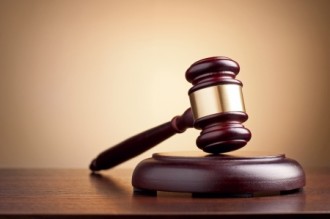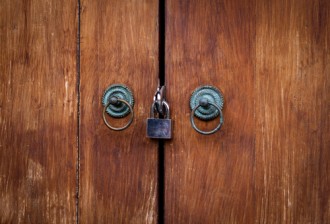
January 8, 2018
Wi-Fi One: PTAB’s Time-Bar Determinations are Reviewable; Achates Overruled
The tide continues to turn for Patent Owners in IPR proceedings. Wi-Fi One v. Broadcom Corp. is their latest victory — an en banc reversal of the 2015 decision in Apple v. Achates, opening the door for judicial review of PTAB decisions to institute, at least with regard to the time-bar provisions of 35 USC § 315(b).
The Wi-Fi One and Achates decisions relate, in general, to 35 USC § 314(d), which states that “[t]he determination by the Director whether to institute an inter partes review under this section shall be final and nonappealable.” In the Achates decision, and others like it, the Federal Circuit took the position that § 314(d) should be interpreted to mean that issues contained in the PTAB’s decision to institute shall not be subject to judicial review, even if the merits of that determination were reconsidered during the IPR trial. Wi-Fi One, at 9.
Subsequent to Achates, the Supreme Court’s decision in Cuozzo was issued, in the context of compliance with § 312(a)(3) (whether the petition contains the particulars required to be successful). On the issue of judicial review, the Court explained that the presumption of judicial review may be overcome by clear and convincing indications from the legislative history that Congress intended to bar review. In Cuozzo, the Court held that the presumption in favor of judicial review was overcome because the dispute was seen as “an ordinary dispute” over an institution decision. The Court’s decision left open the possibility for judicial review of institution decisions in other contexts.
Turning to the Wi-Fi One decision, the time-bar issue arose given that numerous defendants were originally sued for infringing the patents-at-issue. Specifically, Wi-Fi One argued that Petitioner, Broadcom, was barred from pursuing the IPR petitions because Broadcom was in privity with other defendants that were served with a complaint alleging patent infringement more than one year prior to the Broadcom petitions. The Board ultimately issued Final Written Decisions finding all challenged claims of the three patents at issue unpatentable, including a finding that Wi-Fi One had failed to prove that Broadcom was in privity with the other defendants.
In analyzing the judicial review aspect of the case, the Federal Circuit found no clear and convincing indication that would demonstrate Congress’s intent to bar judicial review of time-bar determinations under § 315(b). More specifically, the Court held that “[t]he time-bar determination … is not akin to either the non-initiation or preliminary-only merits determinations for which unreviewability is common in the law …” Wi-Fi One, at 17.
In theory, time-bar determinations under § 315(b) can go against either party, so this decision may be considered to be neutral in the overall IPR scheme. But, in reality, it is more likely than not that it will be Patent Owners who will be appealing unfavorable time-bar determinations, making Wi-Fi One another small victory for Patent Owners in IPR proceedings.



































